"A night under the stars shouldn't be a privilege. It should be a right" - British Mountaineering Council doubles down in fight for wild camping in the UK
After the Supreme Court preserved the right to wild camp on Dartmoor, the BMC has launched a new campaign to improve access across Britain
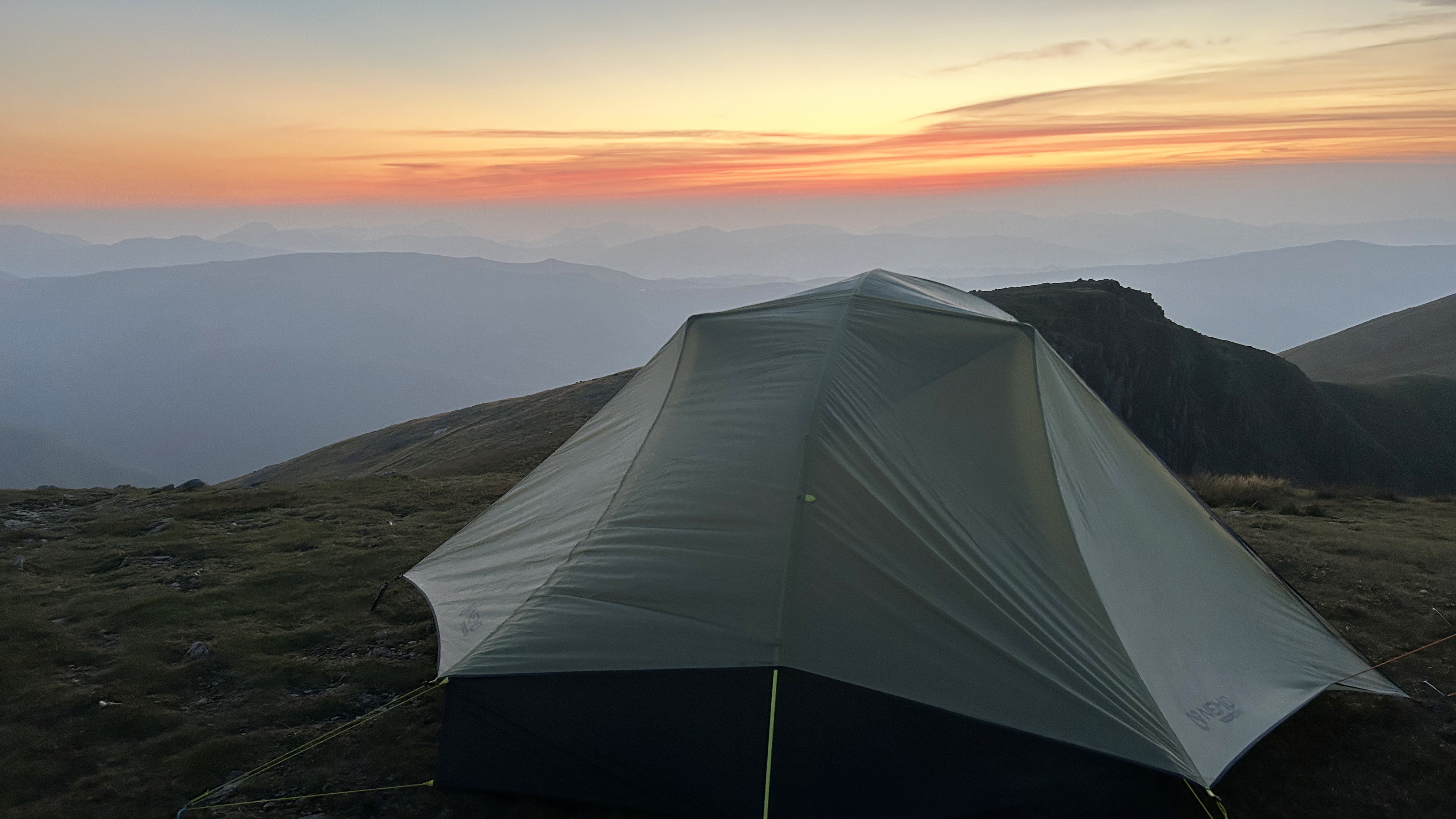
All the latest inspiration, tips and guides to help you plan your next Advnture!
You are now subscribed
Your newsletter sign-up was successful
On May 21 2025, Right to Roam campaigners won a historic legal battle to preserve the cherished right to wild camp in Dartmoor National Park in England's southwest. Now, the British Mountaineering Council, the national representative body for climbers, hill walkers and mountaineers, is ramping up its efforts to remove barriers to wild camping across Britain.
Launching its We Wild Camp campaign, the BMC said: "Just like access to footpaths and mountainsides, access to a night under the stars shouldn’t be a privilege. It should be a right – clearly communicated, sustainably managed, and open to all."
While Scotland enjoys world-class wild camping access rights, with restrictions only in certain honeypot areas of the Loch Lomond and the Trossachs National Park, the situation across England and Wales is less clear for would-be wild campers.
The BMC cites legal confusion, poor public transport links and a lack of education around exactly what constitutes responsible wild camping as very real barriers to people enjoying a night under the stars.
What's the situation in England and Wales?
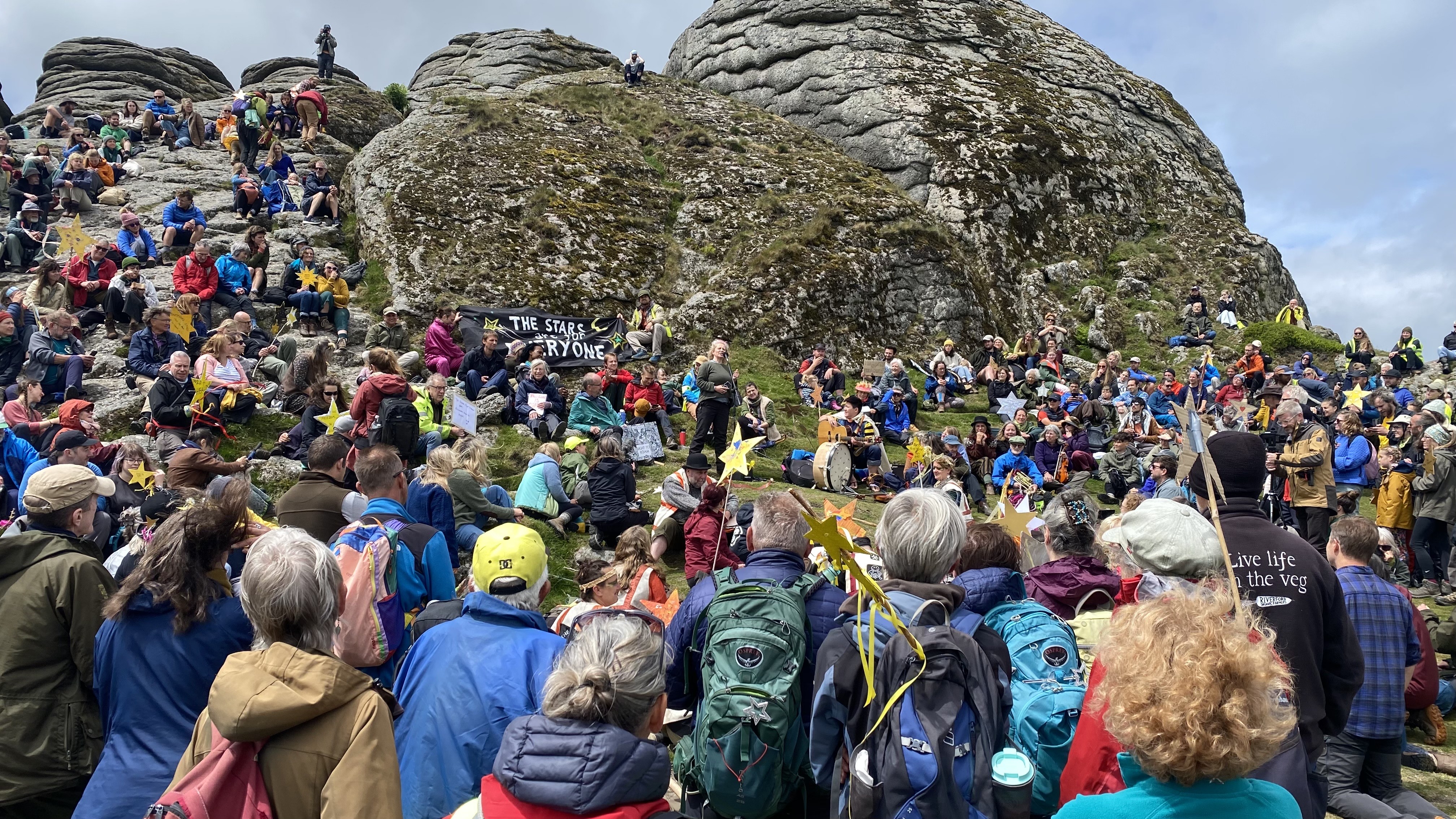
While wild camping is legal across much of Dartmoor National Park, it's technically illegal everywhere else across England and Wales. However, this fact doesn't stop thousands of avid campers pitching up in the beautiful landscapes of the Lake District, Peak District and Eryri (Snowdonia), just to name a few. This is because wild camping is tolerated by some landowners, especially if done in a responsible manner.
However, the BMC is adamant that the situation could be improved, further expanding the public's rights and the freedom to explore Britain's outdoor spaces. Data from a 2023 access and nature survey shows that there is clear support for responsible outdoor access "through wild camping as part of open-air recreation". Of the survey's 4,500 respondents, 84% supported a legal right to wild camp, with many asking for clearer guidance.
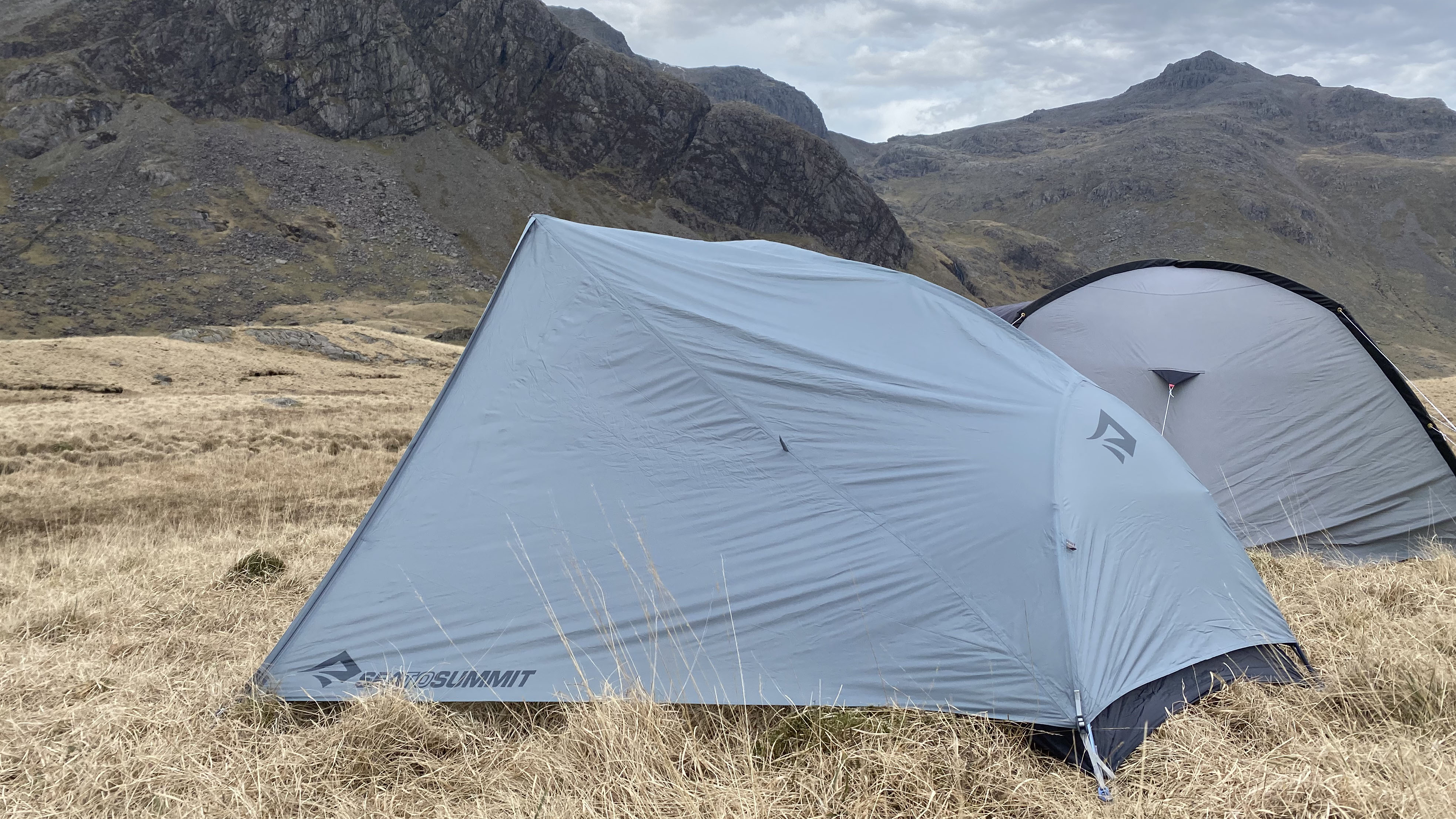
Educating the masses is clearly key, as the BMC also cites the negative impact that fly camping can have on landscapes and rural communities, as well as on the wider public perception of what wild camping actually is. Fly camping typically sees campers pitching by the roadside, burning fires irresponsibly and leaving litter in their wake. It's totally at odds with the leave no trace principles of responsible wild camping.
All the latest inspiration, tips and guides to help you plan your next Advnture!
Eben Muse, BMC policy and campaigns officer for Wales, said: "We acknowledge that fly camping, done by a minority, is having a negative impact on our landscapes, especially in hotspot areas. As a community we need to pull together to reduce that impact, both in terms of directly tackling litter and waste in the countryside and by helping to give everyone the tools and awareness to know what good practice looks like when wild camping."
What changes is the BMC calling for?
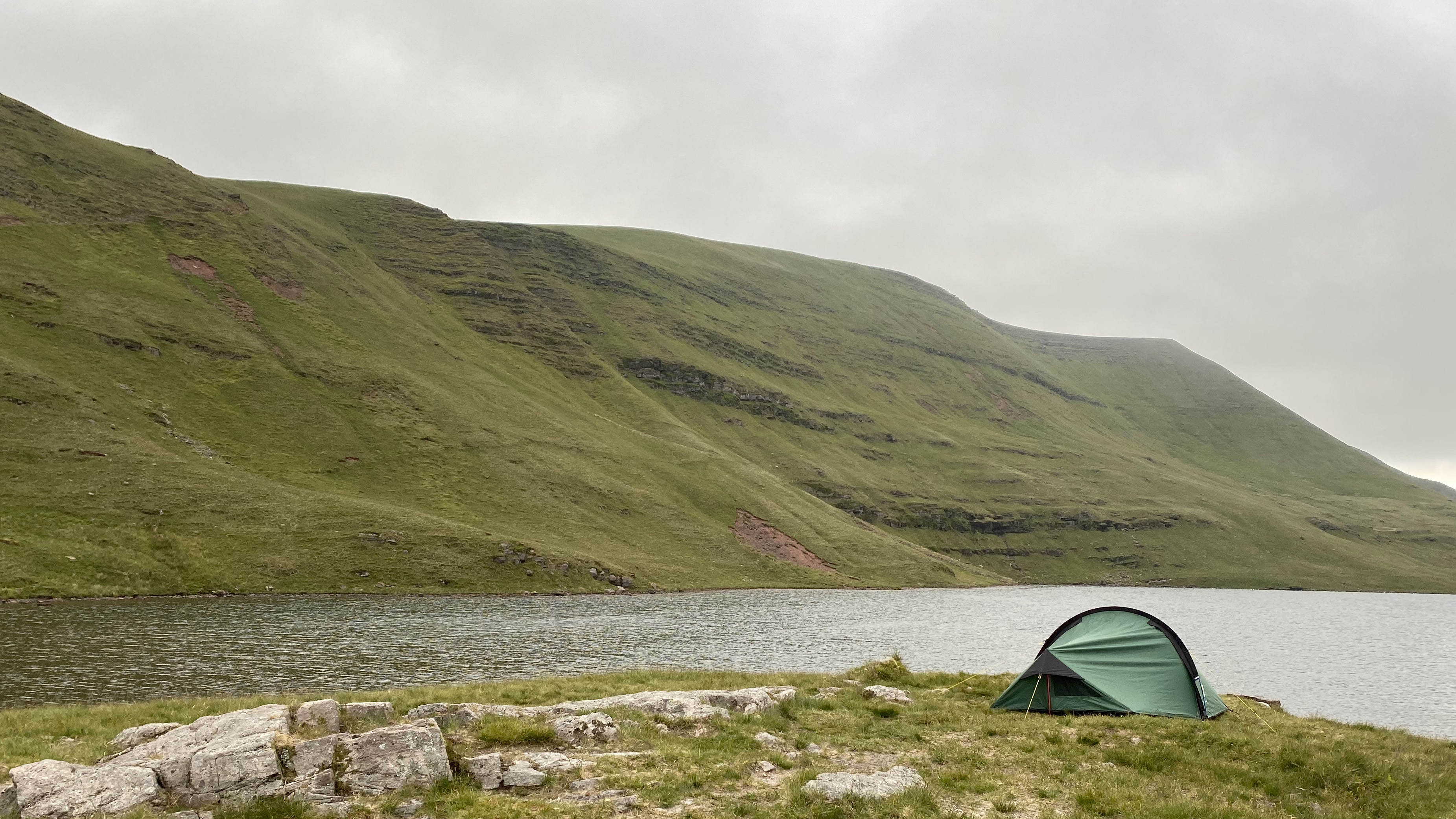
The BMC has launched We Wild Camp, a campaign to raise the profile of wild camping and create the conditions for meaningful reform in England and Wales.
In order to bring about change, the BMC is calling for six key changes:
- The UK government to recognise the social value of responsible wild camping.
- A legal right to wild camp to be extended to areas designated under the Countryside and Rights of Way Act 2000 and in appropriate areas of Britain's designated landscapes.
- National Park Authorities to be given the power to create wild camping zones (much like those used in the Loch Lomond and the Trossachs National Park) to help manage responsible wild camping and tackle fly camping.
- Guidance on how to wild camp responsibly to be included within an updated version of the countryside code.
- Additional funding for National Parks, National Landscapes, and land managers to support responsible wild camping in the right place.
- A substantial new investment in young people's outdoor education to help improve understanding and skills needed to wild camp responsibly.
How can you get involved?
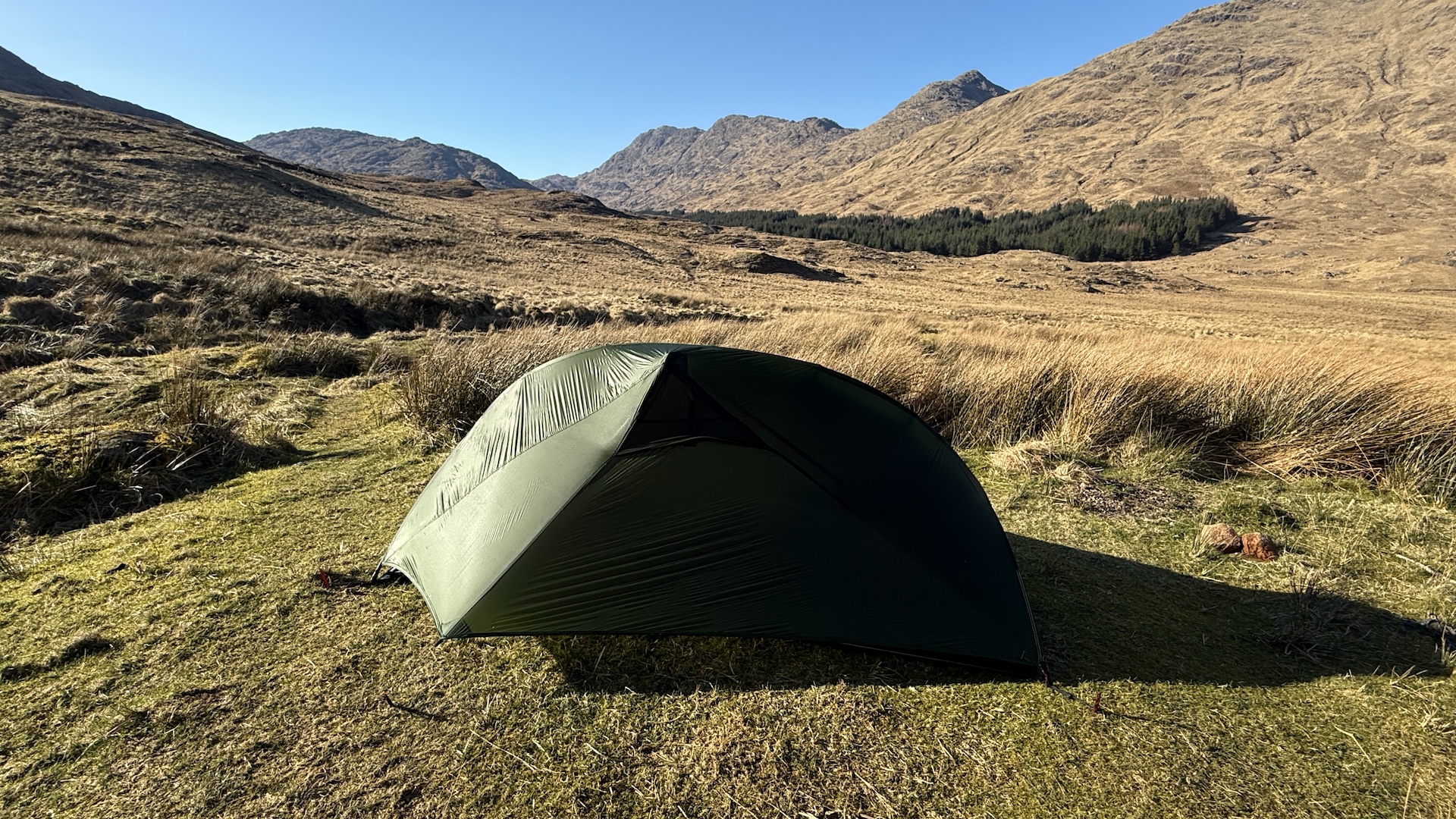
There are a few ways to get involved with the BMC's We Wild Camp campaign.
Firstly, if you're under 35 years old, you can apply for a creative bursary to create projects to progress and raise the profile of the conversation around wild camping.
You can join the BMC's Wild campers tackling fly camping. Volunteer reporting and clean up Facebook group. This online forum is geared towards positive action, connecting wild campers, sharing advice and working to protect Britain's wild places.
Finally, you can take the UK's largest wild camping survey to enable the BMC to shape its future policies based on an understanding of the motivations behind, and barriers to, wild camping in Britain.
Alex is a freelance adventure writer and mountain leader with an insatiable passion for the mountains. A Cumbrian born and bred, his native English Lake District has a special place in his heart, though he is at least equally happy in North Wales, the Scottish Highlands or the European Alps. Through his hiking, mountaineering, climbing and trail running adventures, Alex aims to inspire others to get outdoors. He's the former President of the London Mountaineering Club, is training to become a winter mountain leader, looking to finally finish bagging all the Wainwright fells of the Lake District and is always keen to head to the 4,000-meter peaks of the Alps. www.alexfoxfield.com

